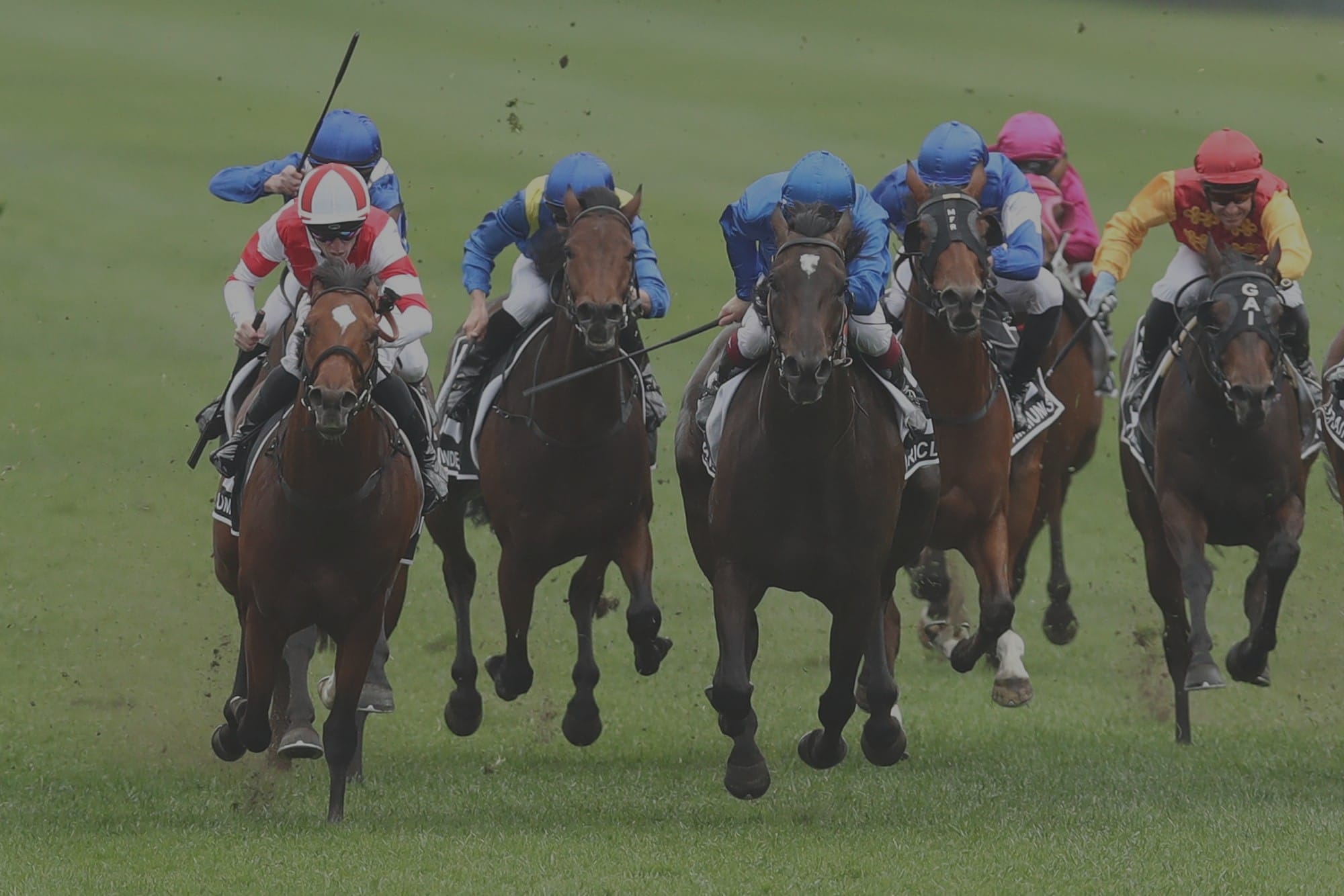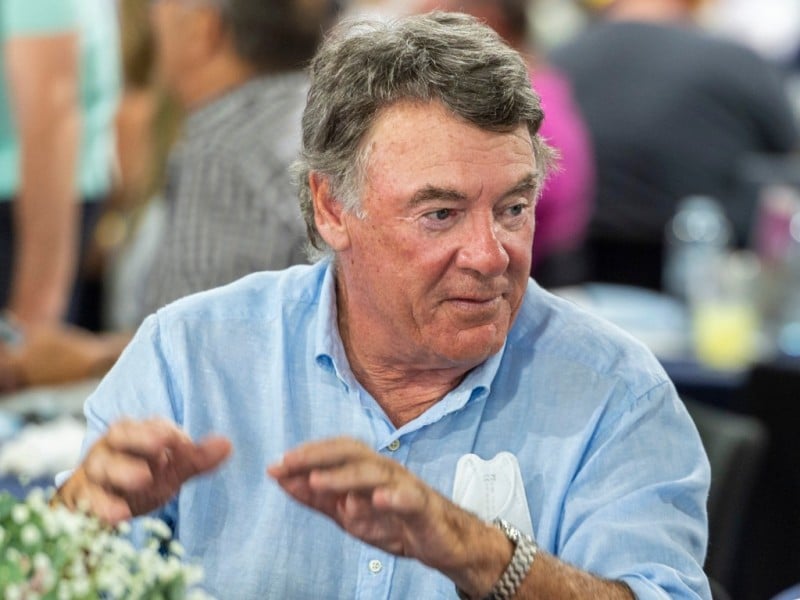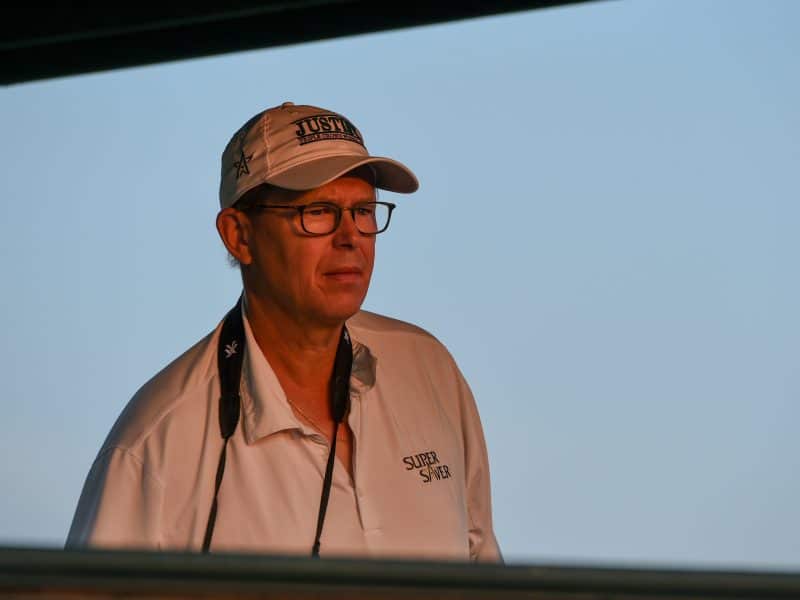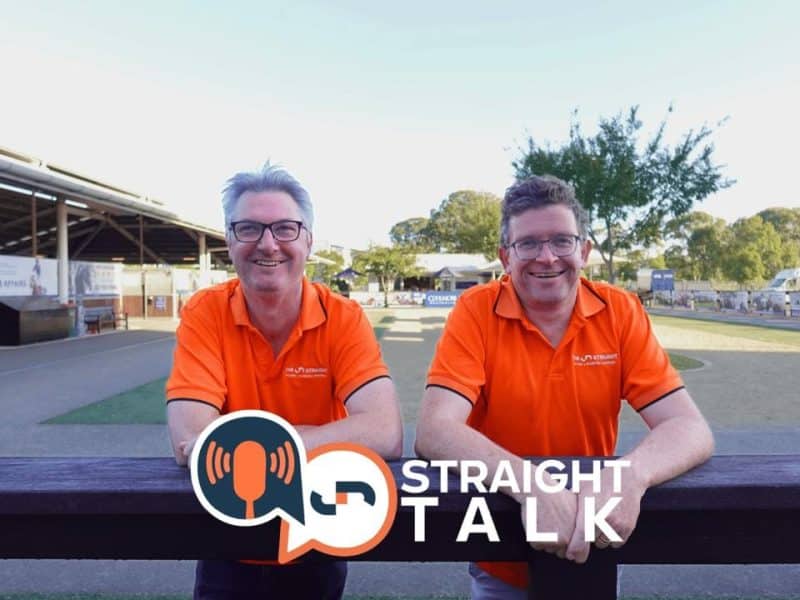What will be the five biggest racing industry stories of 2025?
The potential sale of Rosehill promised to become a significant industry topic in 2024 and the headlines didn’t disappoint. Nothing will likely change heading into 2025 as we look into the crystal ball to see what’s ahead for racing in the New Year.
5. Changing climate in Queensland
As the Queensland opposition’s racing spokesman, Tim Mander promised an independent review into the state’s racing industry.
But more than two months after the Liberal National Party swept into power, it’s all quiet in the Queensland parliament halls of power as Mander settles into his portfolios that include racing, sport and the Olympics.
“The review will set the record straight and give the racing industry confidence to thrive into the future,” Mander declared.
During his term as shadow racing minister, Mander reserved his most strident criticism for the Queensland Racing Integrity Commission, describing the body as a “$40 million-a-year basket case”.
There has since been a change of leadership at the Commission but the industry watchdog is still expected to be in Mander’s sights during 2025.
The Racing Queensland (RQ) board could also come under scrutiny from the LNP government.
In the sometimes mystifying world of Queensland politics, a new government can replace the entire RQ board without an explanation.
It’s highly unlikely anything will happen in the immediate future but once the halo-affect of the Magic Millions carnival dissipates, it may be a case of watch this space.
4. The rising costs of racehorse ownership
Australian racing is underpinned by a level of ownership that other jurisdictions worldwide can only dream about.
But how sustainable is this engagement among rank-and-file owners?
Australian prize money has nearly doubled in the past decade and the odds of owning a racehorse capable of banking more than $1 million in its career are better than ever.
But in an era when the cost of living and interest rates are putting pressure on households’ discretionary spending, will ownership be out of the reach of an average earner?
Syndication has been a godsend for the racing Australian racing industry.
This form of ownership has allowed mum-and-dad investors to take small percentage shares in racehorses that can help defray the overall costs of training bills.
But syndicators, like trainers, often take on a high level of risk when trying to “sell down” bloodstock.
If there are warning signs that ownership interest has cooled, syndicators and trainers and likely to scale back their spending, creating a knock-on effect across the industry.
Micro-syndications have increased in popularity in recent years but their pitch to potential shareholders is slanted towards providing a racing experience than any life-changing financial reward.
Racing NSW addressed the rising cost of ownership in its draft strategic plan released in August.
The report claimed owners in NSW are losing $273 million annually and Racing NSW says offsetting costs is crucial to making racing more affordable.
NSW has led the way in Australia in increasing prize money. Finding a way to keep ownership accessible for its core fan base should be one of its top priorities in 2025.
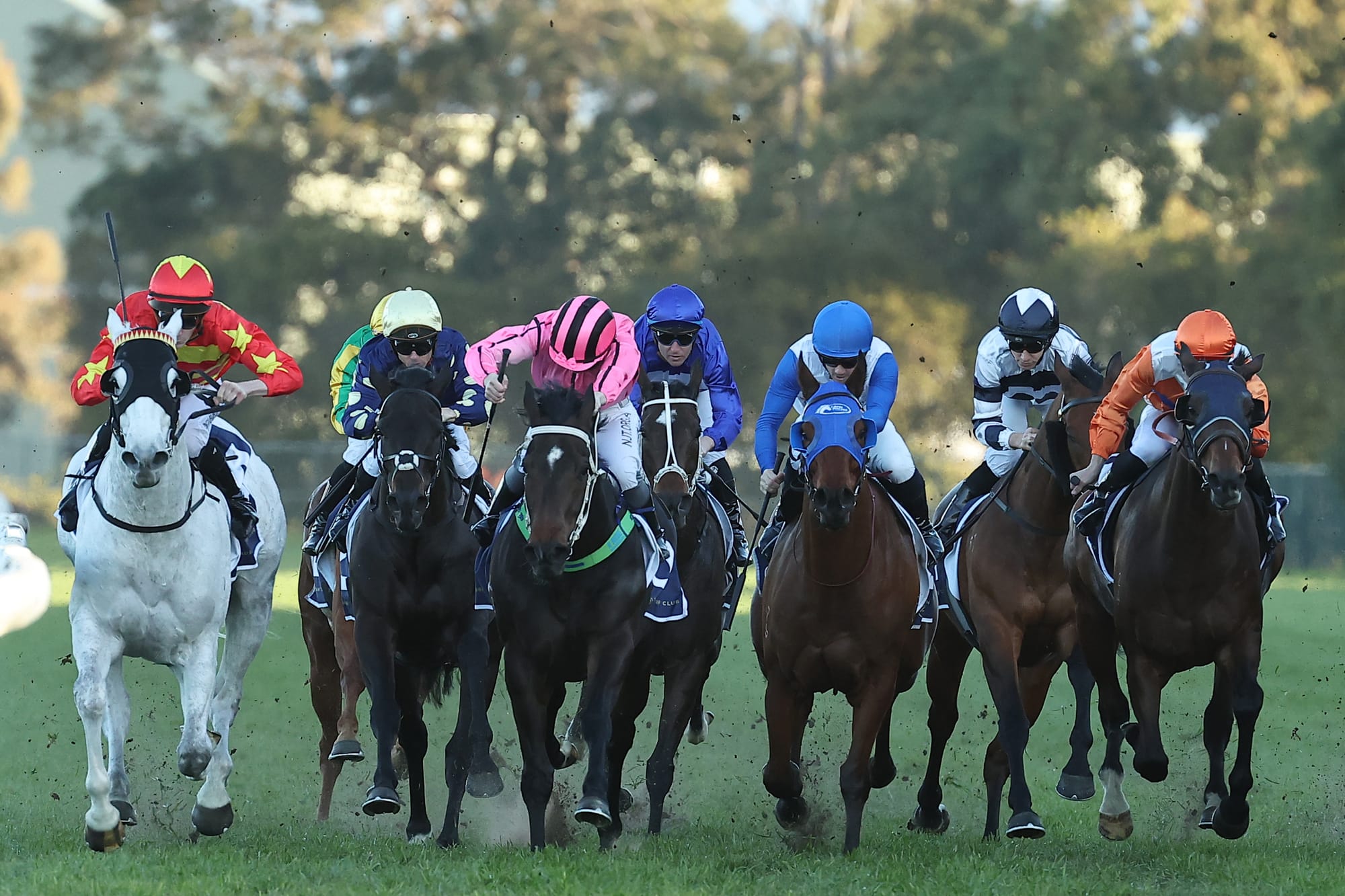
3. James McDonald and the lure of Hong Kong
There is a growing sense of inevitability lies ahead for the jockey who will end 2024 ranked as the No.1 rider in the world.
For the past 12 months, speculation about James McDonald’s future has been an intriguing subplot to his march towards 100 Group 1 winners.
He achieved that riding milestone in record time this season when Via Sistina waltzed away with the Cox Plate.
Damien Oliver’s benchmark of 129 Group 1 winners is at McDonald’s mercy.
How and when McDonald becomes Australasia’s greatest Group 1 rider will depend on when he is ready to move to Hong Kong permanently.
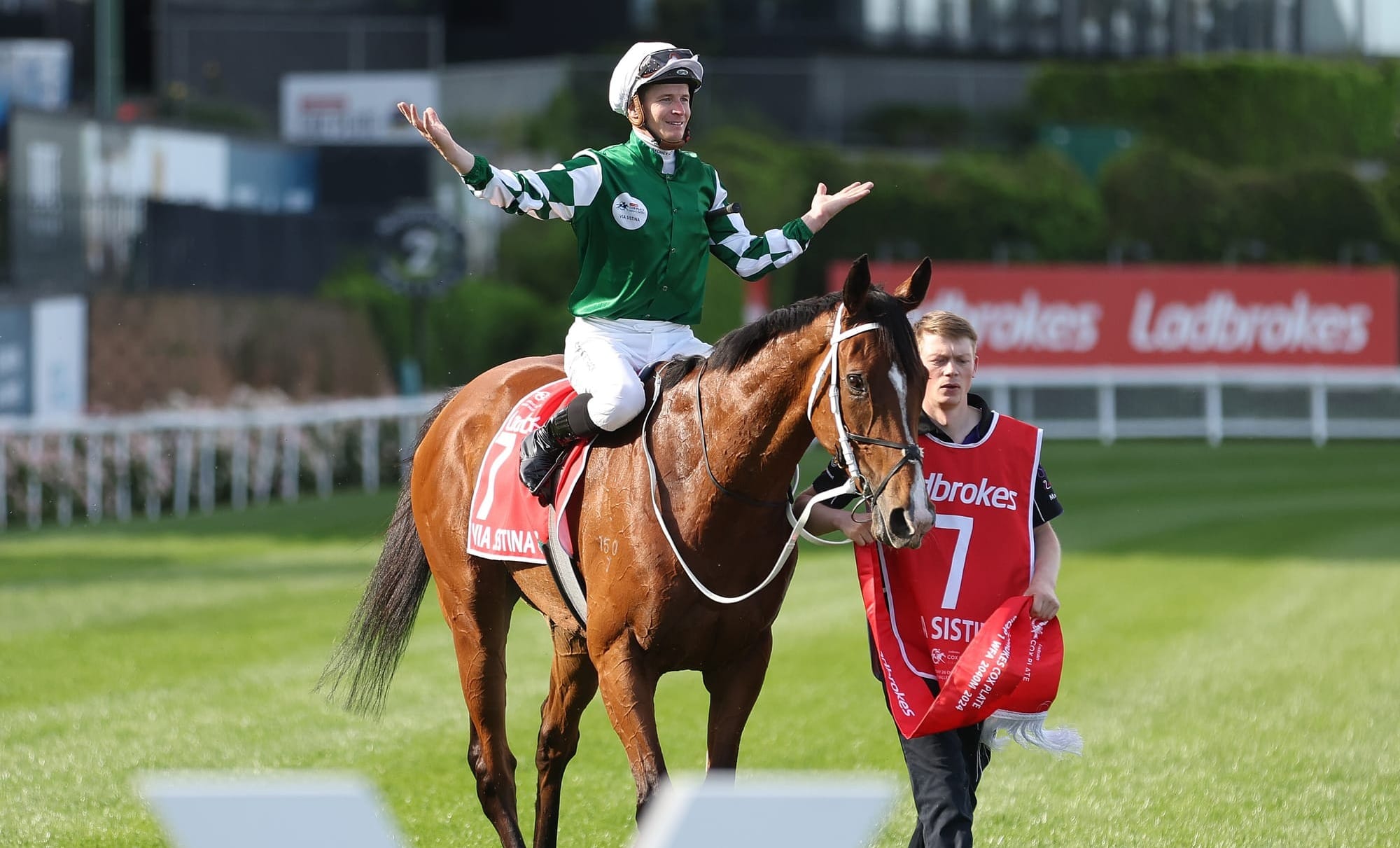
Hong Kong Jockey Club boss Winfried Engelbrecht-Bresges has been saying for a while now that it’s only a matter of time before McDonald and his family move to Asia’s racing capital.
McDonald, who will be 33 in January, has nothing more to prove in Australia but his ultra-competitive nature will always ensure there will be much more to achieve.
By moving to Hong Kong, McDonald can have the best of both worlds, although he is moving freely between the two countries for now.
He can test his skills as an elite athlete against jockeys like Zac Purton and Hugh Bowman while knowing a premium Group 1 ride in Australia is only a nine-hour flight away.
Whether McDonald will take up that challenge in 2025 remains to be seen.
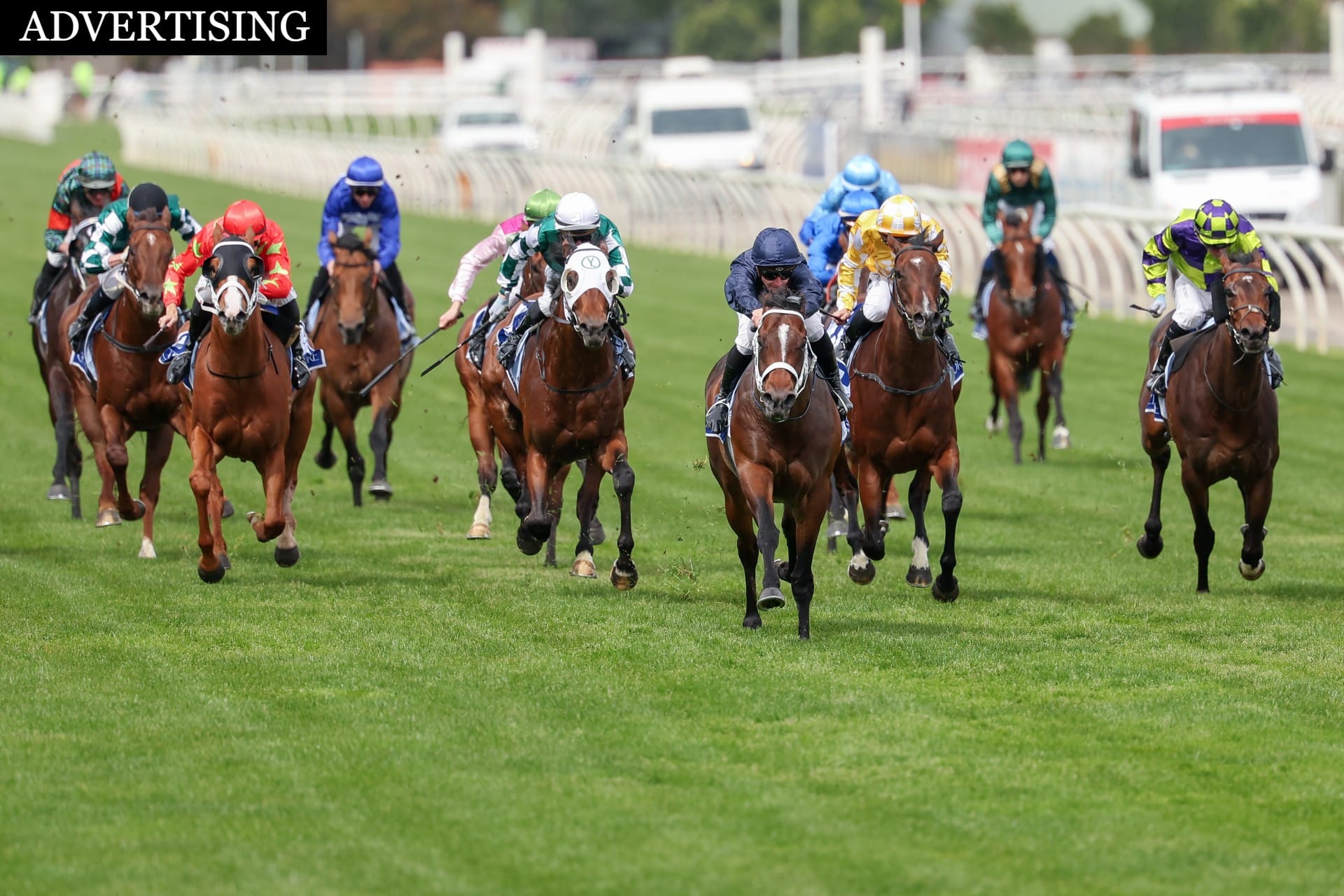
Aushorse Investor’s Guide 2025
- More Races worth $1 million+ than Europe & America combined
- More than 140,000 Australians involved in racehorse ownership
2. Executive movements across Australasia
Change swept across the administration ranks in 2024 in a seemingly never-ending turnover of racing executives in Australia and New Zealand.
Racing Victoria (RV) was at the forefront of an upheaval, with Tim Eddy taking over as chairman and Aaron Morrison replacing Andrew Jones as the regulator’s chief executive.
After Morrison’s appointment came another shake-up with the impact of a restructuring of RV’s executive to be felt across two jurisdictions into 2025.
Racing SA chief executive Vaughn Lynch resigned on October 16, and a day later, he was named as RV’s new chief operating officer (COO).
Lynch will end his two-year Racing SA tenure in February as a search for his replacement continues.
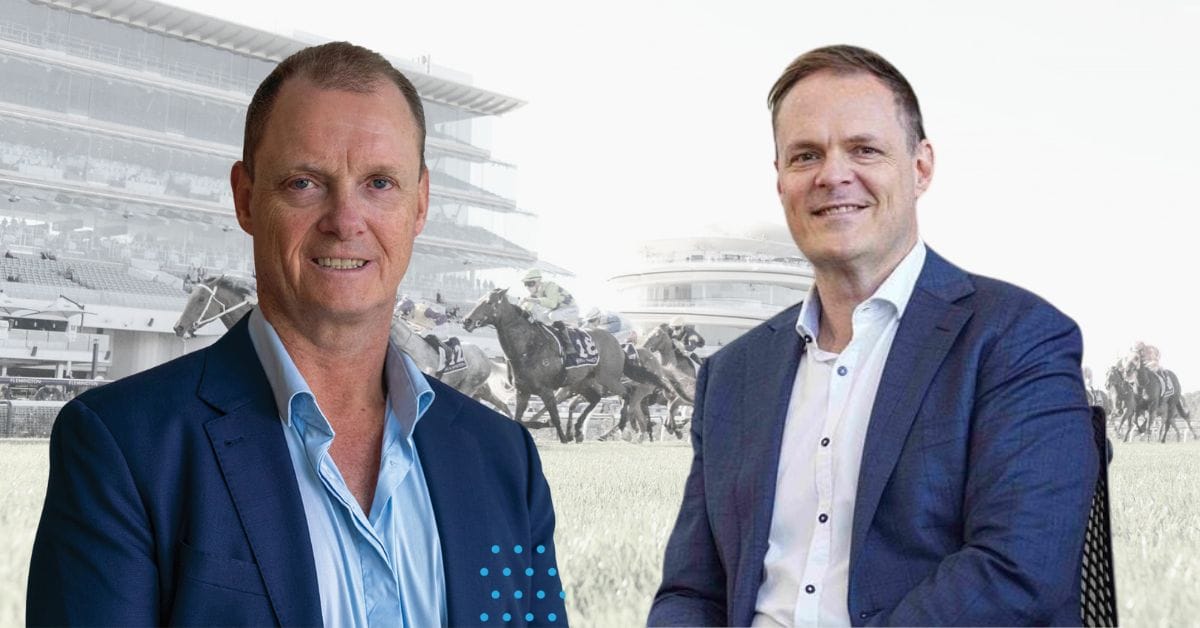
Under Morrison, the RV COO role will include responsibility for wagering and racing.
As part of Morrison’s decision to streamline his executive leadership team, Paul Bloodworth is RV’s head of racing, while a new role has been created to oversee marketing, communications, and content portfolios, including Racing.com.
The Melbourne Racing Club (MRC) has filled its CEO role on the eve of Christmas, selecting Tom Reilly, and it will be fascinating to see how the new era of the MRC under Reilly and new chairman John Kanga plays out.
Kanga assumed the chair’s role in October and immediately made good on his promise to keep Sandown for racing while shelving plans for a $250 million grandstand at Caufield among other changes that are underway.
Queensland and Tasmania figured in an overhaul of their integrity bodies, while in New Zealand, Bruce Sharrock’s role as the boss of New Zealand Thoroughbred Racing (NZTR) is ending after resigning in October.
NZTR has advertised for a new chief executive and a head of racing.
There is also a state election in WA in March, although Labor are highly favoured to retain power. The federal election is expected to be much more tightly fought and will impact policy around gambling advertising, which will have a significant knock-on impact to the thoroughbred industry.

1. The future of Rosehill and the fallout from a parliamentary inquiry
There will be two pivotal moments in 2025 surrounding the Australian Turf Club’s plan to abandon racing at Rosehill.
The NSW government has three months to respond to recommendations from a parliamentary inquiry into the unsolicited proposal to sell the club’s richest asset for housing.
With the Select Committee’s findings handed down on December 6, the Minns government has until March 6 to reply to the report.
The government does not have to act on the recommendations or findings.
But if it chooses to do nothing, it must provide a reason for not acting.
One of the more intriguing outcomes of the inquiry will be the government’s response that a parliamentary hearing should be established to review the operations of Racing NSW.
Racing NSW figured in two of the five Select Committee recommendations as whistleblower allegations surfaced as an extension of the regulator’s role in the Rosehill sale process.

A month after the deadline, ATC members will be asked to vote on Rosehill’s future at an extraordinary general meeting on April 3.
The vote was scheduled for late 2024 but ATC executives claimed they needed more time to complete due diligence on a potential sale
A membership vote is odds-on to reject the idea of a sale unless the ATC board can present a fresh and compelling case that Rosehill can be replaced with another racecourse in Sydney better equipped than the one they want to demolish.

